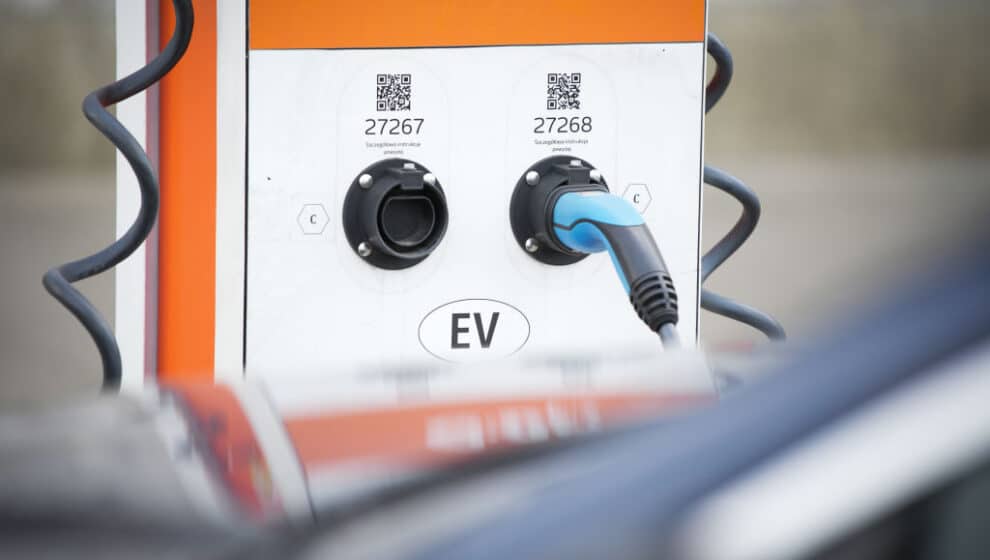The government has begun to release allocated funds meant to install EV chargers along the nation’s highways.
Key Details
- The money from the Inflation Reduction Act is rolling out and beginning to fund big projects—like electric-vehicle (EV) chargers.
- As of today, all 50 states have been approved to begin construction on the first ever nationwide EV charging station network.
- The network will place a charging station roughly every 50 miles along interstate highways, as part of President Joe Biden’s plans to have zero-emission vehicles be the main drivers on roads.
Why it’s important
Now that all 50 states have been approved for the EV charging network the U.S. can start making ground on adopting EVs into the mainstream car market.
Last month, President Biden signed the Inflation Reduction Act that will invest billions into clean energy including tax credits for EVs.
The bill’s focus on EVs and the $7.5 billion allocated to build a nationwide EV-charging network is good considering the number of people wanting EVs has hit a worldwide tipping point.
The latest EY Mobility Consumer Index shows that 52% of people looking to buy a car want to buy an EV. This is the first time the number has exceeded 50%, representing a rise of 11 percentage points since last year.
By the Transportation Department giving the OK to the remaining 17 states it triggered the release of $1.5 billion in federal funds to all jurisdictions nationwide—or $5 billion over five years—to install or upgrade chargers along 75,000 miles of highway from coast to coast, with a goal of 500,000 EV chargers nationwide, according to AP News.
One of the biggest setbacks hindering people from buying EVs was the lack of chargers so the new charging network implementing them around every 50 miles is a huge step in the right direction for the U.S.
Construction of the charging system could begin as early as this spring.
“America led the original automotive revolution in the last century, and … we’re poised to lead in the 21st century with electric vehicles,” says Transportation Secretary Pete Buttigieg.
He said the plans will “help ensure that Americans in every part of the country—from the largest cities to the most rural communities—can be positioned to unlock the savings and benefits of electric vehicles.”

